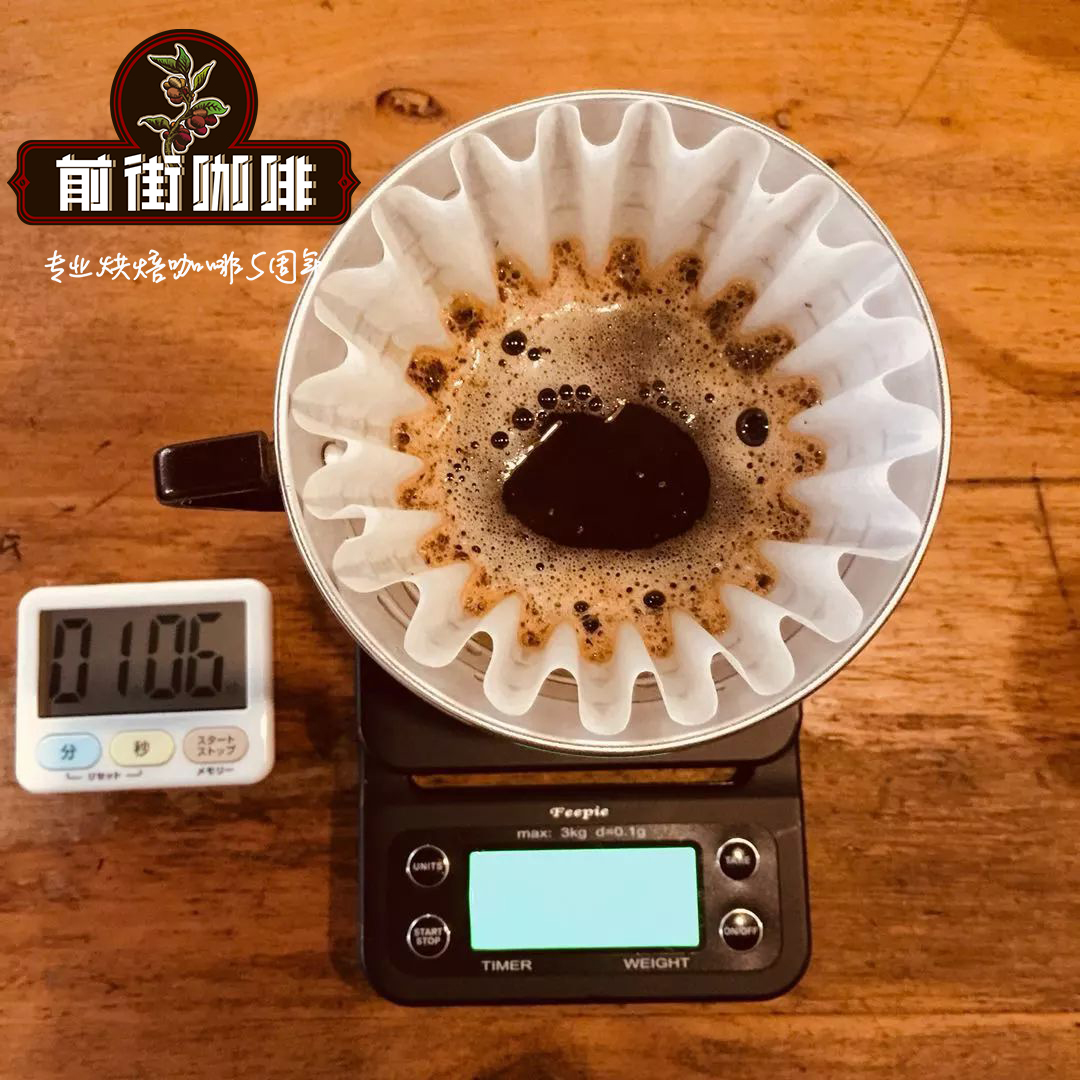A brief introduction to the History of Coffee in Yemen what are the Yemeni coffee beans in Yemen's famous coffee bean producing areas? how much is it?

Professional coffee knowledge exchange more coffee bean information please follow the coffee workshop (Wechat official account cafe_style)
From the beginning of coffee history, the status of Yemeni coffee is world-famous, with the same origin as Ethiopia's coffee genealogy.
The complete preservation comes from the ancient varieties spread in Ethiopia, and the endemic coffee varieties that have gradually developed so far are all Arabica "adzuki beans".
Several Yemeni coffee bean producing areas near the capital Haraz, Bani Matar Bani Mattar (Mattari) and Al-Khaimah. The coffee beans are generally known as "Shanani" Sanani. The harvest period is mainly from October to December, and local farmers harvest 3 to 4 times a year by hand.
The real mokamatari, the Yemeni coffee beans produced in the Bani Matar region, are extremely high in circulation and high in price, and are sold under the name "Mattari".
Yemeni coffee beans have a unique and strong flavor, due to the desert climate and the lack of dry air. Coffee trees only grow farmland in the "Wadi" of Yemen's high-altitude mountains (with an average elevation of 1000m to 2500m). They also use the slopes of the canyon to reclaim terraces to grow coffee.
With the exception of the rainy season, it is usually in a dry state, and at first glance the land feels very barren, but the water flowing under the riverbed can incredibly produce excellent coffee fruit. The coffee beans produced are all high-grade export products, picked by hand, combined with traditional sun-drying treatment, and removed pods with grindstone.
Interestingly, Yemen is not as accustomed to drinking coffee as Ethiopia.
In Yemeni tradition, the shell and pulp of dried coffee are boiled into a drink called Gishr. Ingredients such as bean curd or ginger will also be added to "Keesi" and then boiled into "Qahwa", which is the favorite drink of the local people.
It is precisely because everyone can use the pulp to make drinks, so the coffee trees do not spray pesticides, and the coffee fruits are quite safe and non-toxic.
This unique and reassuring coffee will not let you down!
Yemeni coffee bean brand recommendation
The Yemeni mocha beans baked in Qianjie Coffee are fully guaranteed in terms of brand and quality. And more importantly, the performance-to-price ratio is extremely high, a pack of 227 grams, the price is only 85 yuan. According to the calculation of 15 grams of powder per cup of coffee, a bag of coffee can make 15 cups of coffee for less than 6 yuan each, which is recommended by conscience compared to the price of tens of yuan a cup sold in a coffee shop.
Important Notice :
前街咖啡 FrontStreet Coffee has moved to new addredd:
FrontStreet Coffee Address: 315,Donghua East Road,GuangZhou
Tel:020 38364473
- Prev

Yemeni coffee bean brands recommend Yemeni coffee brands to introduce how much a pack of Yemeni coffee beans is.
Professional coffee knowledge exchange more coffee bean information please follow the coffee workshop (Wechat official account cafe_style) brief introduction of coffee bean producing areas in Yemen * History of coffee beans in Yemen * Yemen is famous for its frankincense or spice trade and is the origin of the earliest coffee mocha in the world. If you follow before, this is also the place where Noah built the ark in the Bible. Legend has it that 3000 years ago
- Next

Yemeni coffee map Yemeni famous coffee bean mocha flavor characteristics Yemen mocha coffee bean price list
Professional coffee knowledge exchange more information about coffee beans Please follow the coffee workshop (Wechat official account cafe_style) for lovers who dabble in coffee slightly, when it comes to Yemeni coffee beans, it is easy to think of mocha. Yemen has a long history of growing coffee. By the early 17th century, Yemeni coffee beans began to be exported to Europe from the southwestern port of Mocha, and Europeans began to export them.
Related
- Detailed explanation of Jadeite planting Land in Panamanian Jadeite Manor introduction to the grading system of Jadeite competitive bidding, Red bid, Green bid and Rose Summer
- Story of Coffee planting in Brenka region of Costa Rica Stonehenge Manor anaerobic heavy honey treatment of flavor mouth
- What's on the barrel of Blue Mountain Coffee beans?
- Can American coffee also pull flowers? How to use hot American style to pull out a good-looking pattern?
- Can you make a cold extract with coffee beans? What is the right proportion for cold-extracted coffee formula?
- Indonesian PWN Gold Mandrine Coffee Origin Features Flavor How to Chong? Mandolin coffee is American.
- A brief introduction to the flavor characteristics of Brazilian yellow bourbon coffee beans
- What is the effect of different water quality on the flavor of cold-extracted coffee? What kind of water is best for brewing coffee?
- Why do you think of Rose Summer whenever you mention Panamanian coffee?
- Introduction to the characteristics of authentic blue mountain coffee bean producing areas? What is the CIB Coffee Authority in Jamaica?

